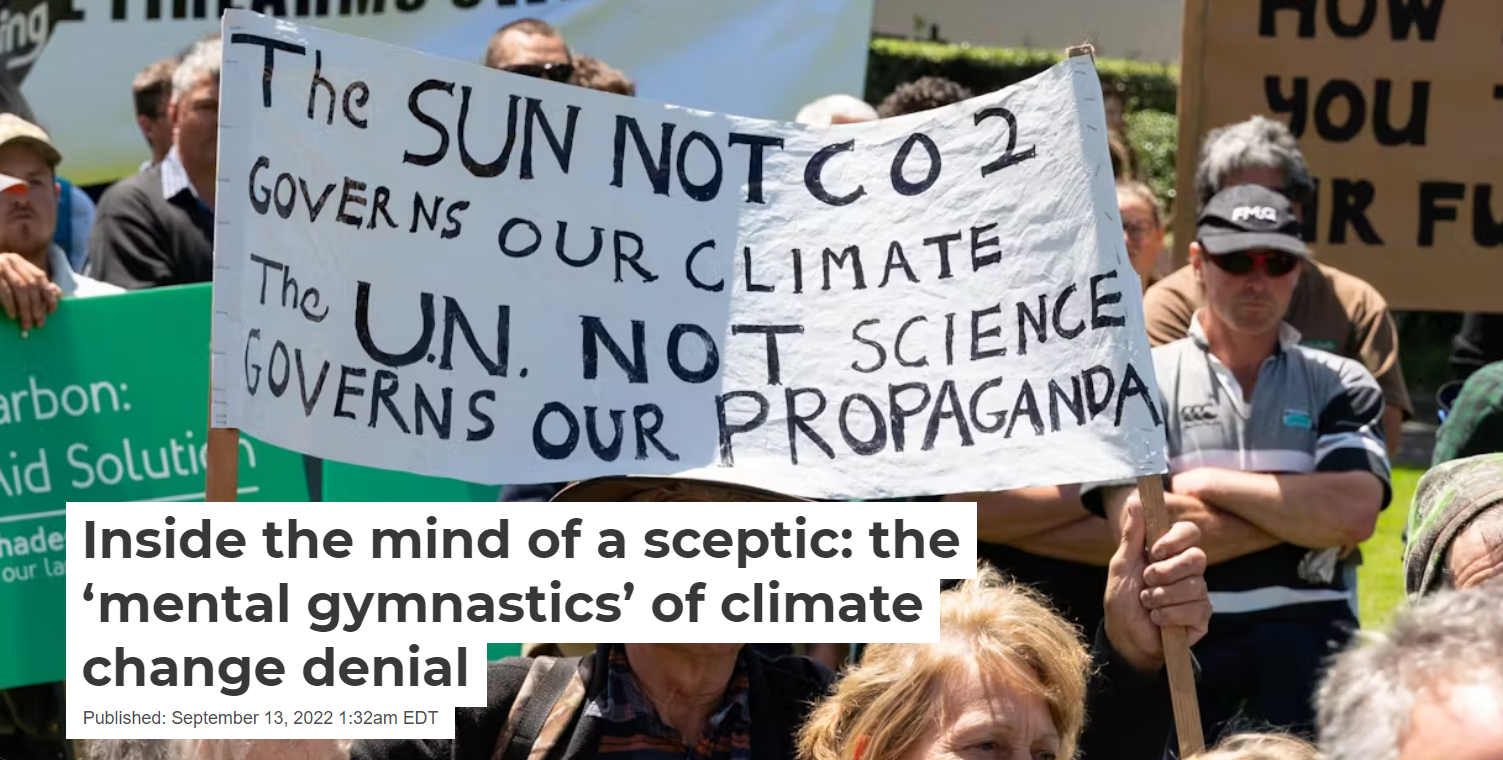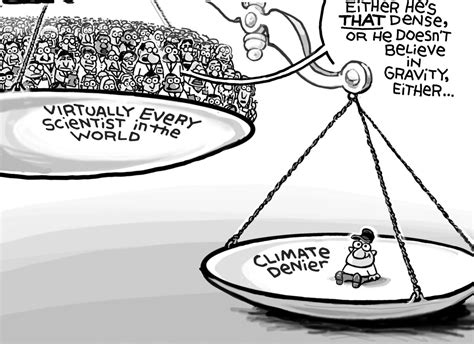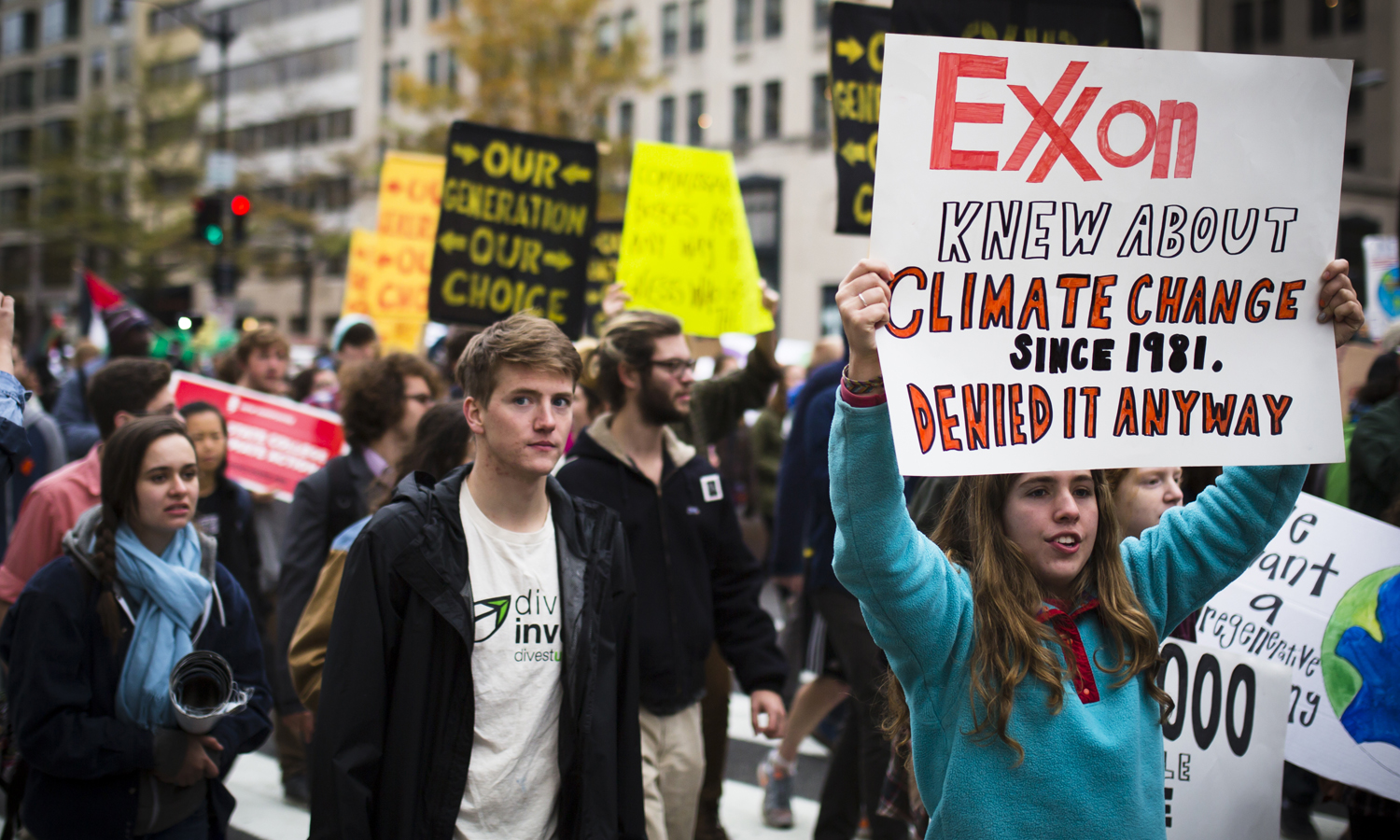The NYT article also discusses tipping points for (1) the breakup of massive west Antarctic ice sheets, (2) a sudden shift in the West African Monsoon, (3) loss of Amazon rainforest, and (4) shutdown of Atlantic ocean currents. This is truly scary stuff.
Right now, every moment of every day, we humans are reconfiguring Earth’s climate bit by bit. Hotter summers and wetter storms. Higher seas and fiercer wildfires. The steady, upward turn of the dial on a host of threats to our homes, our societies and the environment around us.
We might also be changing the climate in an even bigger way.
For the past two decades, scientists have been raising alarms about great systems in the natural world that warming, caused by carbon emissions, might be pushing toward collapse. These systems are so vast that they can stay somewhat in balance even as temperatures rise. But only to a point.
Once we warm the planet beyond certain levels, this balance might be lost, scientists say. The effects would be sweeping and hard to reverse. Not like the turning of a dial, but the flipping of a switch. One that wouldn’t be easily flipped back.
When corals go ghostly white, they aren’t necessarily dead, and their reefs aren’t necessarily gone forever. Too much heat in the water causes the corals to expel the symbiotic algae living inside their tissues. If conditions improve, they can survive this bleaching. In time, the reefs can bounce back. As the world gets warmer, though, occasional bleaching is becoming regular bleaching. Mild bleaching is becoming severe bleaching.
Scientists’ latest predictions are grim. Even if humanity moves swiftly to rein in global warming, 70 percent to 90 percent of today’s reef-building corals could die in the coming decades. If we don’t, the toll could be 99 percent or more. A reef can look healthy right up until its corals start bleaching and dying. Eventually, it is a graveyard.
This doesn’t necessarily mean reef-building corals will go extinct. Hardier ones might endure in pockets. But the vibrant ecosystems these creatures support will be unrecognizable. There is no bouncing back anytime soon, not in the places corals live today, not at any scale.
When it might happen: It could already be underway.
In the ground beneath the world’s cold places, the accumulated remains of long-dead plants and animals contain a lot of carbon, roughly twice the amount that’s currently in the atmosphere. As heat, wildfires and rains thaw and destabilize the frozen ground, microbes get to work, converting this carbon into carbon dioxide and methane. These greenhouse gasses worsen the heat and the fire and the rain, which intensifies the thawing.
Like many of these vast, self-propelling shifts in our climate, permafrost thaw is complicated to predict. Large areas have already come unfrozen, in Western Canada, in Alaska, in Siberia. But how quickly the rest of it might defrost, how much that would add to global warming, how much of the carbon might stay trapped down there because the thawing causes new vegetation to sprout up on top of it — all of that is tricky to pin down.
“Because these things are very uncertain, there’s a bias toward not talking about it or dismissing the possibility, even,” said Tapio Schneider, a climate scientist at the California Institute of Technology. “That, I think, is a mistake,” he said. “It’s still important to explore the risks, even if the probability of occurrence in the near future is relatively small.”
When it might happen: The timing will vary place to place. The effects on global warming could accumulate over a century or more.
The colossal ice sheets that blanket Earth’s poles aren’t melting the way an ice cube melts. Because of their sheer bigness and geometric complexity, a host of factors shapes how quickly the ice sheds its bulk and adds to the rising oceans. Among these factors, scientists are particularly concerned about ones that could start feeding on themselves, causing the melting to accelerate in a way that would be very hard to stop.
In Greenland, the issue is elevation. As the surface of the ice loses height, more of it sits at a balmier altitude, exposed to warmer air. That makes it melt even faster.
Scientists know, from geological evidence, that large parts of Greenland have been ice-free before. They also know that the consequences of another great melt could reverberate worldwide, affecting ocean currents and rainfall down into the tropics and beyond.
When it might happen: Irreversible melting could begin this century and unfold over hundreds, even thousands, of years.
Pragmatic politics focused on the public interest for those uncomfortable with America's two-party system and its way of doing politics. Considering the interface of politics with psychology, cognitive biology, social behavior, morality and history.
Etiquette
DP Etiquette
First rule: Don't be a jackass. Most people are good.
Other rules: Do not attack or insult people you disagree with. Engage with facts, logic and beliefs. Out of respect for others, please provide some sources for the facts and truths you rely on if you are asked for that. If emotion is getting out of hand, get it back in hand. To limit dehumanizing people, don't call people or whole groups of people disrespectful names, e.g., stupid, dumb or liar. Insulting people is counterproductive to rational discussion. Insult makes people angry and defensive. All points of view are welcome, right, center, left and elsewhere. Just disagree, but don't be belligerent or reject inconvenient facts, truths or defensible reasoning.
Monday, August 12, 2024
Global warming update
An interactive NYT article (not paywalled) discusses how close in time we are to potential environmental tipping points that once past, are probably unstoppable:
Radical right authoritarian politics and global warming
Fortunately, the sharp minds at Project 2025 have this issue well in hand. The Republican elites deny global warming is real or if it is real, it's not serious, or if it is serious, we have lots of time to begin to think about it and act, or if we don't have lots of time to start to think or act, then why worry because it's already too late.
See the logic there? It's impressive to say the least. I feel reassured already. ☹️ OK, not reassured.
Internal documents and reports indicate that ExxonMobil has historically downplayed the risks associated with climate change and delayed action to address it.
Crackpot facts and reasoning
about global warming
climate science denial
More crackpots
The invention of anti-gravity
and still denies it today
ExxonMobil's internal research accurately predicted the impacts of global warming due to fossil fuel emissions as early as the 1970s.
Subscribe to:
Post Comments (Atom)










No comments:
Post a Comment